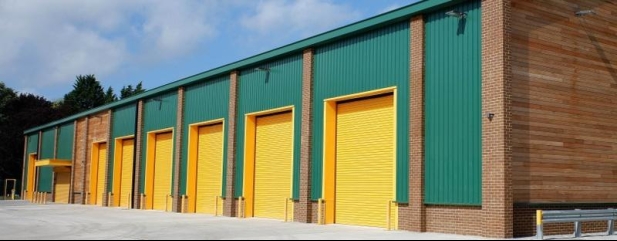When cutting the dividend can be the right thing to do

There was interesting market reaction to the recent decision (5 March) by builders merchant Travis Perkins (TPK) to slash its dividend by a whopping 58%.
At first the stock was down a little but it quickly rebounded and actually began trading higher as the day progressed. Now it’s important to add some context, the shares had dropped by a quarter over the last 12 months and a cut was widely expected by analysts and investors.
However, the scale of the cut was beyond what had been forecast. This suggests companies can sometimes get credit from the market for reducing how much they return to shareholders if it’s the right thing to do, even if the loss of income is painful.
Rather than dodging a difficult decision, management have grasped the nettle and decided to rebase the dividend and start again, with scope to improve the payout as and when market conditions improve. This was accompanied by moves to reduce costs and increase efficiency in the business through a restructuring of operations and the implementation of technology.
Going back nearly 15 years we can find a very different example of a company, operating in a similar universe to Travis Perkins, continuing to pay dividends and even increase them when it really should have been conserving cash.
Building services firm Connaught was one of the worst corporate failures in the UK market in the 21st century, taking on too much debt and employing aggressive accounting to mask loss-making contracts.
A telltale sign of the problems beneath the surface was the fact cash generation did not keep pace with earnings. The firm posted a sickly-looking cash conversion ratio of 28.3% in 2009, the last set of annual accounts before its collapse in September 2010.
Yet less than six months before the company went bankrupt, it increased its dividend by a fifth in a bid to stabilise the sinking share price.
In this week’s magazine we have a detailed discussion on the increasing popularity of share buybacks in the UK, and one of the potential advantages from a corporate perspective is management may feel they have more freedom to pause, scale back or cancel a buyback if circumstances dictate it’s the prudent move.
The ranks of the UK market look set to be further depleted as telecoms and connectivity testing equipment manufacturer Spirent (SPT) succumbs to a bid from private equity. The 60%-plus premium is eye-catching although still below the 211p the company was trading at a year ago. Undoubtedly the company is going through a sticky patch, as its latest financial results highlight, but it remains a good business and its departure represents a depressing continuation of the hollowing out of UK plc.
Important information:
These articles are provided by Shares magazine which is published by AJ Bell Media, a part of AJ Bell. Shares is not written by AJ Bell.
Shares is provided for your general information and use and is not a personal recommendation to invest. It is not intended to be relied upon by you in making or not making any investment decisions. The investments referred to in these articles will not be suitable for all investors. If in doubt please seek appropriate independent financial advice.
Investors acting on the information in these articles do so at their own risk and AJ Bell Media and its staff do not accept liability for losses suffered by investors as a result of their investment decisions.
Issue contents
Editor's View
Feature
Great Ideas
News
- Indivior enjoys a strong recovery as it targets primary US listing
- Halfords skids lower on weak demand and wet weather woe
- Is Adobe primed for an upside surprise?
- Competitive pressures are piling up for Pets at Home
- Will the Reddit initial public offering live up to investors’ hopes?
- Budget 2024: British ISA launched, booze duty freeze lifts pub stocks

 magazine
magazine








